Browse through Croatian history for this week, you may be surprised by what you read…
February 12
The first session of the Rijeka People’s Committee on this day in 1948 marked the reunion of Rijeka and Sušak towns. Two years earlier, a foot bridge was rebuilt across the Rječina river, symbolically and physically bringing the two settlements closer together. All bridges across the Rječina were demolished in World War II, and the river was also the border between the Kingdom of Italy and Kingdom of Yugoslavia, until both dissipated in the wartime upheaval. The new President of Yugoslavia, Josip Broz Tito, held a speech at the opening of the bridge, referring to the removal of an unnatural border.
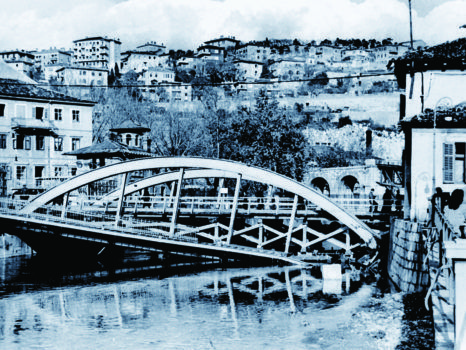
February 13
Roger Joseph Boscovich (Croatian: Ruđer Josip Bošković) died on this day in 1787. He was a Ragusan (Republic of Dubrovnik) physicist, astronomer, mathematician, philosopher, diplomat, poet, theologian, Jesuit priest, and polymath, who studied and lived in Italy and France where he also published many of his works. He produced a precursor of atomic theory and made many contributions to astronomy, including the first geometric procedure for determining the equator of a rotating planet from three observations of a surface feature and for computing the orbit of a planet from three observations of its position. In 1753 he also discovered the absence of atmosphere on the Moon.

February 14
In 2012, Croatian skier Janica Kostelić won the first medal for Croatia at the Winter Olympics. She is now a former World Cup alpine ski racer and four-time Olympic gold medalist. In addition to the Olympics, she has won five gold medals at the World Championships. In World Cup competition, she has won thirty individual races, three overall titles, three slalom titles, and four (unofficial) combined titles. Kostelić’s accomplishments in professional skiing have led some commentators, writers, and fellow ski racers to regard her as the greatest female ski racer of all time. Kostelić is the only woman to win four gold medals in alpine skiing at the Winter Olympics (in 2002 and 2006), and the only woman to win three alpine skiing gold medals in one Olympics (2002). Kostelić was the World Cup overall champion in 2001, 2003 and 2006. On 15 January 2006, Kostelić became only the third woman in World Cup history to win World Cup races in all of the sport’s five disciplines. On 5 February 2006 Kostelić became the second female skier to win all five disciplines in one season.
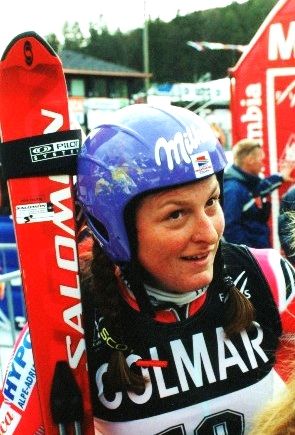
February 15
Born on this day in 1911, Grigor Vitez was a Croatian poet, author of children’s literature and translator. He is considered the originator of modern Croatian children’s literature. He authored numerous poems and stories for children, as well as countless articles in magazines. Children are often introduced to his works in schools. He is the recipient of the Golden Bird, a special recognition for excellence in children’s literature.
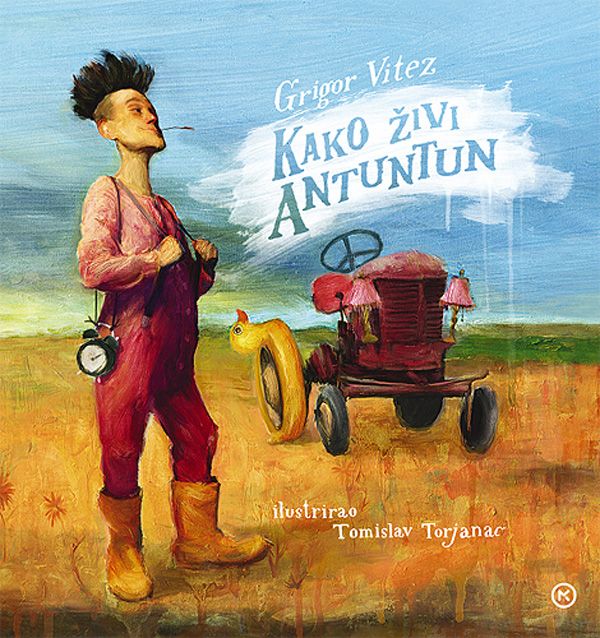
February 16
The Croatian Chamber of Economy is a professional association of businesspeople in Croatia, and the oldest institution of its kind on Croatian territory. It originates from the Chamber of Trades and Crafts, which began operating on February 16, 1852 in Zagreb, on the basis of an Austro-Hungarian imperial decree of March 18, 1850. During the 1920s the chamber was significantly modernized, growing into a strong and reputable institution on a European scale. In 1932 it was divided into Trade-Industrial and Handicraft Chamber, and in 1938 the Chamber of Commerce and the Chamber of Industry were created separately. Apart from a few years in the postwar period, those chambers operated as separate branches until 1962, when the unified Croatian Chamber of Economy was founded.
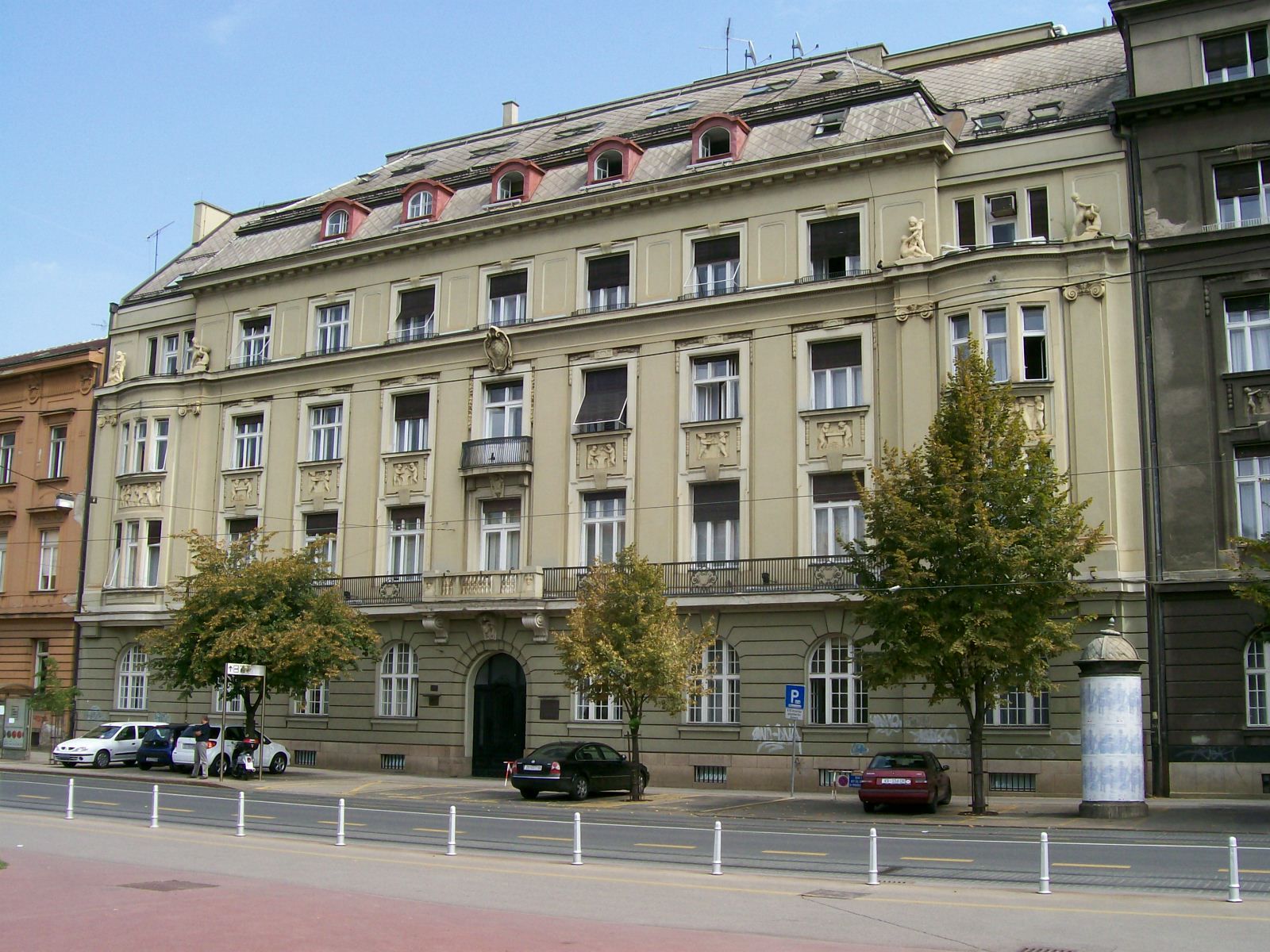
February 17
Silvije Strahimir Kranjčević, born on this day in 1865, was a Croatian poet. His reflexive poetry, reaching its zenith in the 1890s, was a turning point that ushered modern themes in Croatian poetry. Kranjčević was born in Senj. Rebellious as a teenager, he completed his secondary education in a Gymnasium, but did not graduate from it. Soon after joining the elite Germanico-Hungaricum Institute in Rome, where he was supposed to become a priest, he changed his mind and left. The short stay in the Eternal City would show through in his poetry years later. He published his first poem, Zavjet (The Pledge) in 1883, a couple of months before leaving for Rome. The magazine where it was published, Hrvatska vila, was led by Eugen Kumičić, a famous writer and politician of the time, who enthusiastically welcomed the fighting spirit in the verses of the unknown young poet. Politically, he was a follower of Starčević and the Croatian Party of Rights. The dark moods of his poems are related to the Hungarian oppression of Croatia.
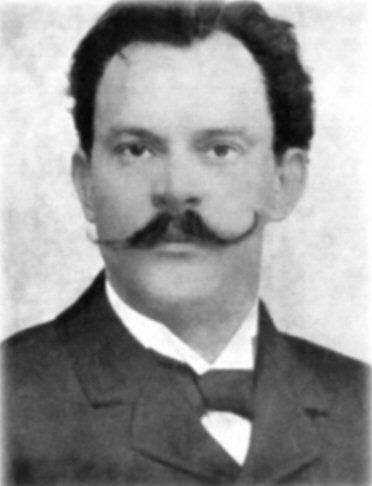
February 18
The Treaty of Zadar, also known as the Treaty of Zara, was a peace treaty signed in Zadar, Dalmatia on February 18, 1358 by which the Venetian Republic lost influence over its Dalmatian holdings. The Treaty of Zadar ended hostilities between Louis I of Hungary/Croatia and the Republic of Venice, who were contesting control of a series of territories along the eastern Adriatic coastline in present-day Croatia. Based on the terms of the agreement, the Dubrovnik region and Zadar came under the rule of the King of Hungary and Croatia. It marked the rise of the Republic of Ragusa as an independent and successful state. The same cannot be said for Zadar since it was later sold back to Venice by Ladislaus of Naples.









